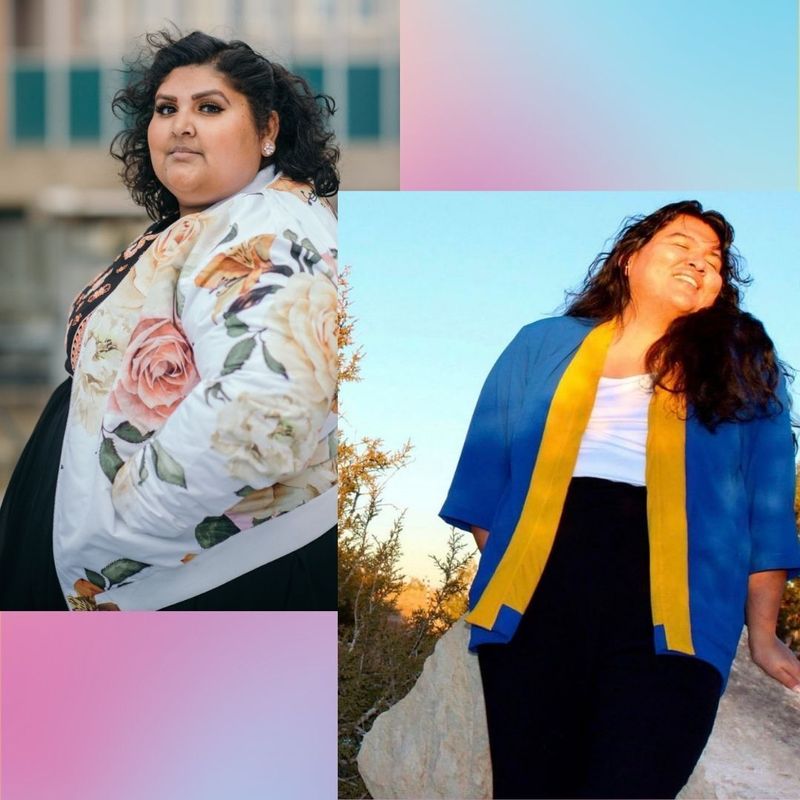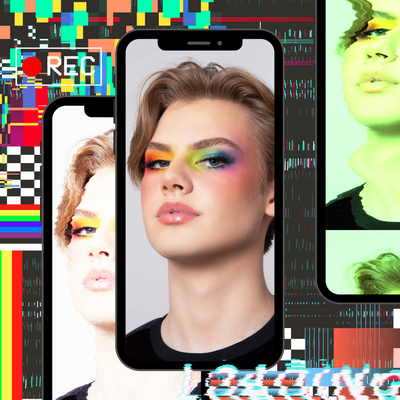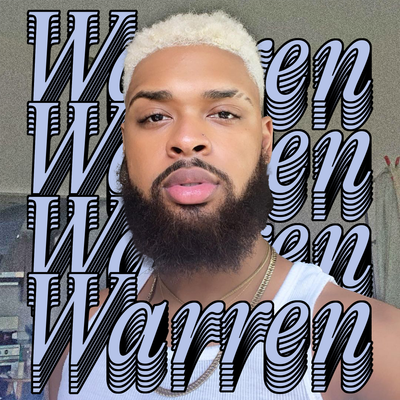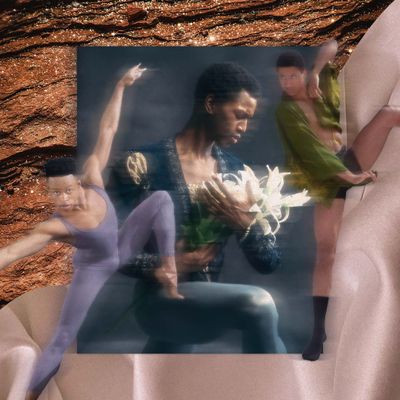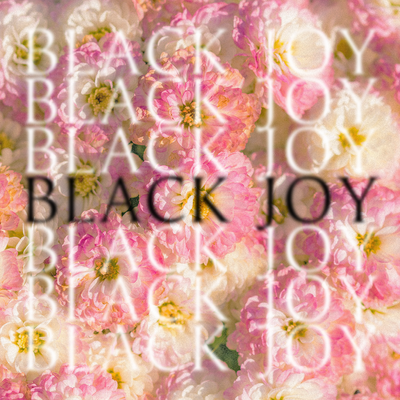Wanna really celebrate Pride month? We suggest acknowledging and healing from colonialism’s oppressive and polarizing impact on gender and sexuality expressions.
Content creators Charlie Amáyá Scott (@dineaesthetics) and Sonalee Roshatwar (@thefatsextherapist) use their social media platforms to inform and navigate a colonized world. Their content uplifts audiences with affirmations while evoking celebration and laughter.
SEE ALSO: A very necessary look at LGBTQ+ history, and how intersectionality has impacted the movement
This Pride Month, Very Good Light spoke with Sonalee and Charlie Amáyá on what it means and looks like to decolonize sexuality, as well as how and why they unabashedly center their content around topics surrounded by social stigma — all while doing so digitally from the vast and wild internet.
Becoming Diné Aesthetic(s)
From inspiring joy and justice to “addressing historical and contemporary instances of violence, especially towards queer, trans, Black and/or Indigenous peoples,” Charlie Amáyá is pushing the boundaries for what social media influencers can be. As an Indigenous non-binary trans-femme, content on decolonizing is needed for their life and survival. Despite any taboos that may stand in the way, they are inspired to create by and for the lives of generations before them and to come.
Charlie Amáyá utilizes their socials to be a catalyst for change and drive an end to harmful cycles. “There is already too much violence in this world, and I try my best to not recycle or replicate it.”
Who is The Fat Sex Therapist?
Ever wondered what it would be like to introduce yourself as “The Fat Sex Therapist”? Radical sex therapist, clinical social worker, and community organizer Sonalee Roshatwar doesn’t have to imagine.
Their work is also done out of survival as someone who self-identifies as “politically queer,” which to them means they are marginalized and their whole self is not always welcome. It’s also done as an act of love.
“My body of work is a love letter to my younger self,” says Sonalee. “I want a world that is safer for her and for them. All of the versions of younger me who were policed and surveilled and controlled and threatened and diminished and unprotected. I really try to live my adult life in a way that would make her proud and would make her feel protected and safe.”
Centering this work is surely no easy feat. What motivates them to keep going is reminding themself of the community, healing, and support they are fostering.
“It’s not just about destructing or destroying systems, but it’s also about creation, and what we are creating. And when we braid together all of our struggles, when we intertwine them and make ourselves and our struggles feel bound together. This also binds together our liberation.”
Decolonizing sexuality and celebrating diversity
So, what does it mean to decolonize? Trust Charlie Amáyá to come through with receipts. “I often refer back to Tuck and Yang (2012), “Decolonization is Not a Metaphor,” who argued that decolonization within the ‘United States’ requires the repatriation of Indigenous land and life. I also think about a quote from la papers (2017), “A Third University is Possible,” who added that decolonization is the forwarding of Indigenous, Black, and queer futures.”
“To decolonize something,” Roshatwar says, “[is] to consider the way colonization has affected it.”
“So with decolonizing sexuality,” Charlie Amáyá reasons, “it is understanding the context and history of how we understand sexuality and challenging what has been normalized and/or marginalized historically. It is also celebrating the history of sexuality and the diversity of relationships to each other that existed before colonization and the expansion of Christianity. It is always being critical of romanticized narratives and selective narratives that reinforce and support systems of violence.”
Sonalee understands the effects of colonization on the way sexuality is perceived and normalized from the axes of their own personal experiences and survival of brahmanism [casteism], right-wing Hindu supremacist spaces, and White supremacy. To them, the effects of colonization are seen in the normalization of a cisgendered gender experience, and fear-mongering away from pleasure-based sexuality and sex education.
“What we are taught is this form of rape culture, or purity culture, that gives away our body autonomy and our consent to our fathers and to husbands, instead of us getting to own it ourselves,” they add, “[and] she would have agency over her orgasmic power.”
“A decolonized sexuality would consider the ways that rape culture purity culture and diet culture, impact the way that we give away our autonomy as non-men, but really people of all genders,” says Sonalee.
To summarize what it means to decolonize sexuality in short, we turn to Charlie Amáyá who is decolonizing for an optimistic future. “Decolonizing sexuality concerns itself with constantly being critical while imagining a future that celebrates us.”
1) What it’s like to come out twice – once as a lesbian and once as transgender.
2) 11 beauty products that are so gay they support the LGBTQ+ community
3) 20 LGBTQ+ TikTokers who slay in 60-seconds or less
4) Relationship experts get real on how to re-enter the dating scene post-pandemic

